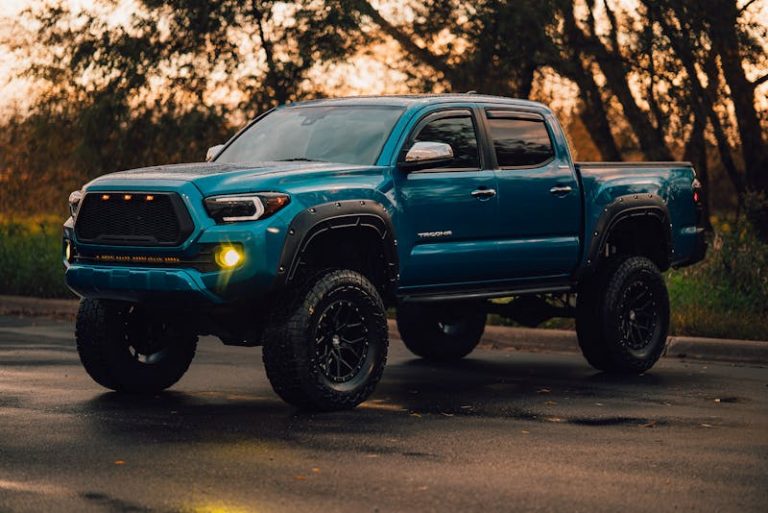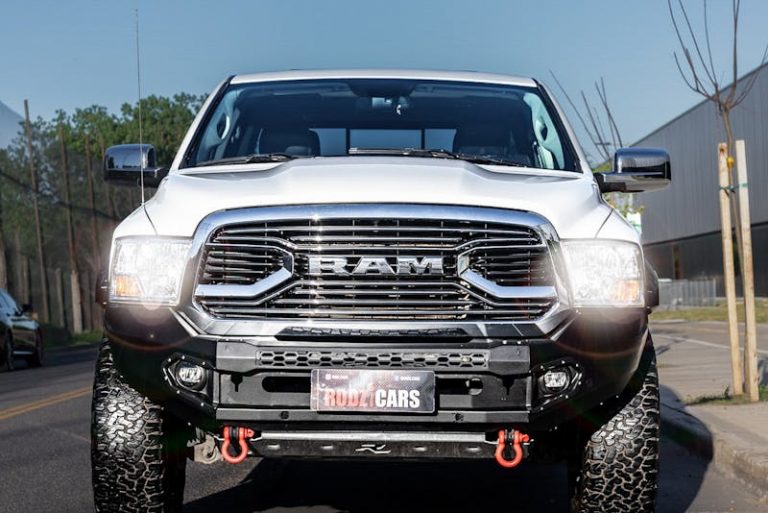
Having a vehicle is expensive enough without any serious problems occurring. Between oil changes, refueling, needing new tires, and other regular maintenance, you are constantly investing time and money into your car. The last thing you would ever want to hear is that your car needs its whole engine replaced. That is definitely not something that you can stop at your local parts place for, so how in the world are you supposed to determine the best replacement engine for your vehicle? If you drive a Japanese car, you may be able to find high quality engines for sale at an authorized used Japanese engines dealer. Japanese engines are durable and high quality, and can be refurbished from one car to another. Here is a quick guide to buying used Japanese engines.
Firstly, you are going to want to make certain that it is, in fact, your engine that needs to be replaced. Even refurbished instead of brand new, used Japanese engines cost a pretty penny. Make sure that your mechanic thoroughly investigates all other options that could be contributing to your car troubles. For most vehicle makes and models, there are literally dozens of reasons that your check engine light to be on. So before you drop your savings on used Japanese engines, make sure that yours is truly in need of a replacement.
There are some things to keep in mind for the used Japanese engines that you are looking at purchasing to keep in mind. For example, you should always remember to be financially ready to pay for more than the engine itself. The average car owner, for instance, can’t replace an engine on their own. You will need to pay for labor and other things involved in the process. You should prepare for a substantially higher cost when a mechanic is involved, ranging anywhere from $500 to $1500 in labor costs.
You should also consider whether a used engine is worth it in terms of your unique use of the vehicle. Even though most used engines are remanufactured (meaning, they have been taken apart, rebuilt, and reserviced) they still will not on average give you the same longevity as a new engine. Do you plan on driving your vehicle for more than a decade, or putting three times the average yearly mileage on it each year? Then you may be better off forking over the extra cash for a new engine, because you may just find yourself in the position of replacing your engine all over again much too soon.



